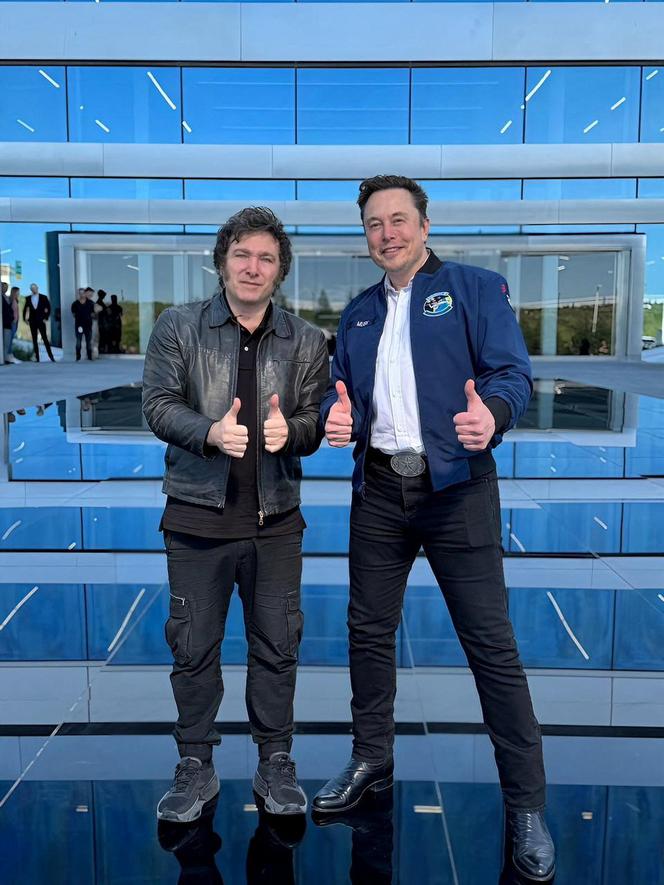

LETTER FROM BUENOS AIRES

"Inflation is going to collapse!" said Argentine president Javier Milei during an interview with journalist Alejandro Fantino on his "Multiverso Fantino" program on April 8. Live on YouTube, he tracked price trends from a social media account on X. The account, under the name "Jumbot," displays the logo of a famous supermarket chain and presents itself as a "robot" that tracks the prices of basic necessities on the Jumbo supermarket website to report changes.
The tweets show a drop in prices in the first week of April. A result that the far-right president, who believes that the severe austerity policies implemented since he came to power will "put an end to inflation" in a country where it has become chronic, is thrilled to share with his audience.
The issue arose when Jumbot – which turned out to be a fake account – denied the information. "This account is a social experiment. (...) No robot has ever followed Jumbo's prices. But it served a purpose. To expose the need for some to show results that reality denies," explained a message published a few hours later. Indeed, food prices have risen by almost 50% since the start of the year, according to the National Institute of Statistics.
"There is a very worrying aspect to the government's and the president's communication, that of spreading systematic half-truths – with a certain degree of plausibility – that persist and are interpreted by the receiver according to his or her sensitivity," analyzed Rolando Muzzin, political communication consultant and researcher at the Tres de Febrero University in Caseros.
Despite falling into the trap of "Jumbogate" (named after the supermarket chain in question), political communication analysts agree on one point: the government's communication is professional and effective. "It's very clever and highlights the inability of its political opponents to counter it. It is characterized by its provocative tone and manages to impose itself at the heart of debates, capturing the attention of the public and the media," explained Muzzin.
Developed mainly through personal accounts, the digital dimension is a fundamental pillar of government communication. "Javier Milei is a media-born figure, from television as a polemicist, but especially from social media, which are his natural environment," explained Lucia Vincent, a political scientist at the University of San Martin, specializing in political communication. The success of the presidential campaign of Milei, whose personality shows "relational difficulties," according to Vincent, is largely due to his strategy on social media and the fervent activity of his followers. "His contact with reality is X," she added.
You have 52.11% of this article left to read. The rest is for subscribers only.
